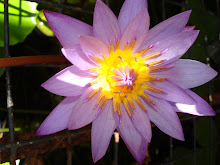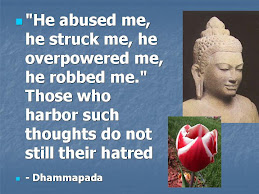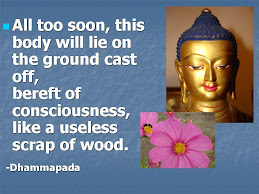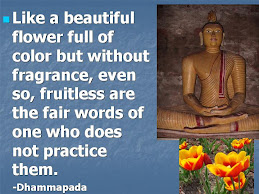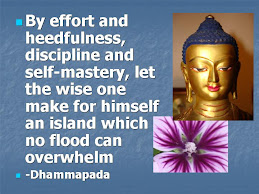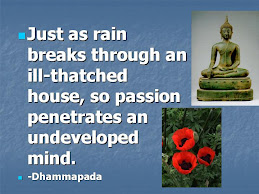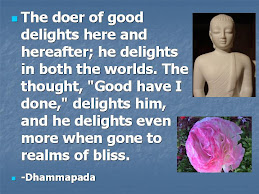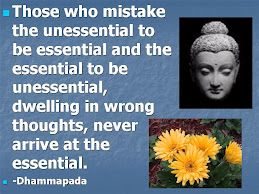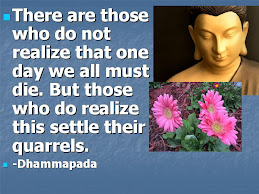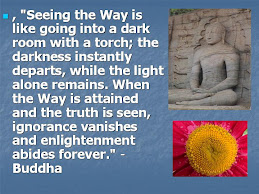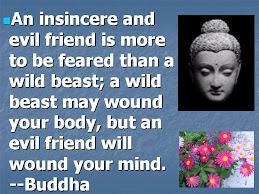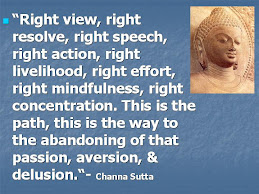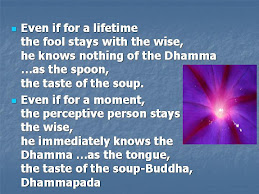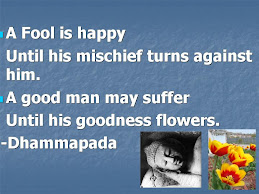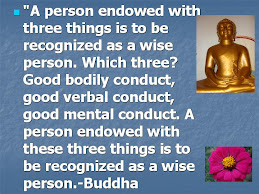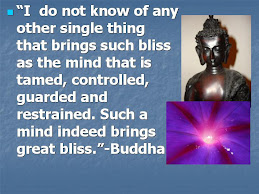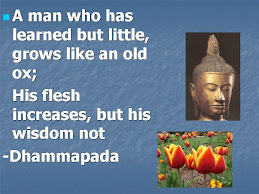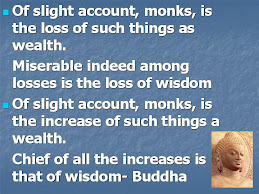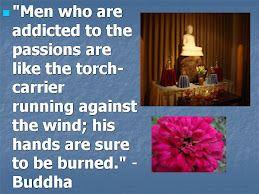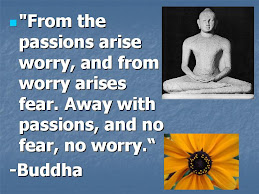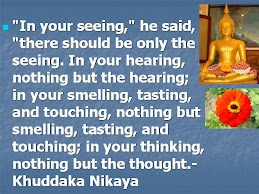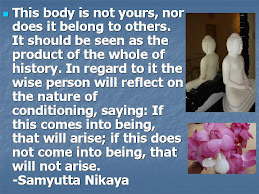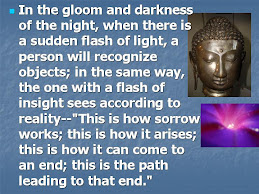
"There is the case where a monk, on seeing a form with the eye, does not grasp at any theme or variations by which — if he were to dwell without restraint over the faculty of the eye — evil, unskillful qualities such as greed or distress might assail him. He practices with restraint. He guards the faculty of the eye. He achieves restraint with regard to the faculty of the eye.
"On hearing a sound with the ear...
"On smelling an aroma with the nose...
"On tasting a flavor with the tongue...
"On feeling a tactile sensation with the body...
"On cognizing an idea with the intellect, he does not grasp at any theme or variations by which — if he were to dwell without restraint over the faculty of the intellect — evil, unskillful qualities such as greed or distress might assail him. He practices with restraint. He guards the faculty of the intellect. He achieves restraint with regard to the faculty of the intellect. This is how a monk guards the doors to his sense faculties.
Aparihani Sutta: No Falling Away
translated from the Pali by
Thanissaro Bhikkhu
http://www.accesstoinsight.org/tipitaka/an/an04/an04.037.than.html








